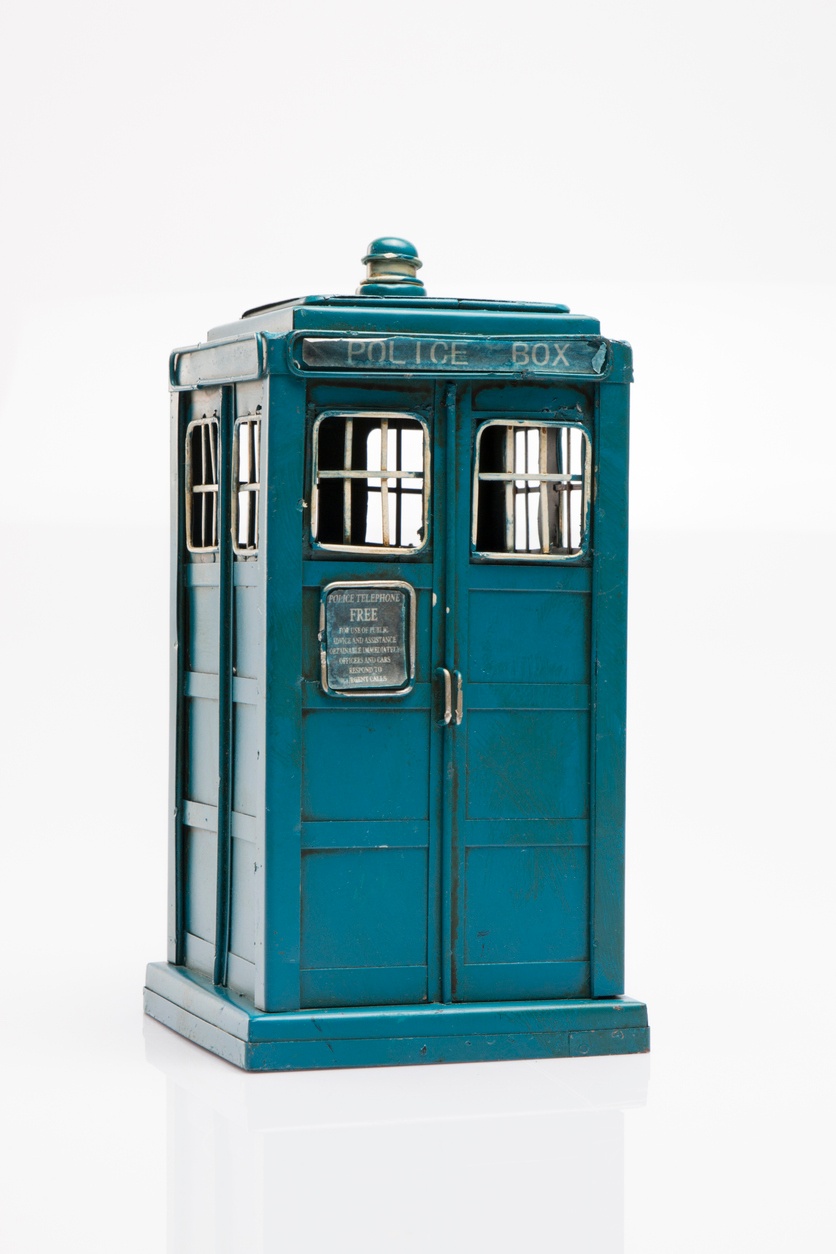Time commitment
Leadership Blog | 2 minute read

Written by Emily Wright

“I don’t have enough time...I don’t have enough time...!”
I think I hear this daily in our increasingly busy lives. Unfortunately, we’re not Dorothy, clicking our ruby slippers and wishing ourselves home. We cannot wish ourselves more time, or find more time, unless you want to move to Mars and make use of its 687 days a year! Instead we need to make the best use of the time we have got.
We all know this conceptually, or at least try to make the most of each day. Often people try the ‘faster, harder, longer’ approach. But increasingly, managers, leaders and organisations see this as unsustainable. Many wear the medal of super-multi-tasker, only to find themselves stressed out and not actually more productive. Not only this but it’s proven that multi-tasking detrimentally affects our brains ability to work!
Re-organising time
There are of course, many revered systems and processes which help you improve your time management and have you feel on-top of your ‘to do list’. Whilst these give you the feeling that you can cope better, they never really shift your perception of time.
A well-known analogy which has us consider our perception of time is the one of the rock, pebbles and sand in a jar. A teacher shows his students a jar of rocks and asks, ‘is it full?’. They say yes...then they add some pebbles, ‘what about now?’. Well, ‘yes of course it is now!’ say the students. Slowly, the teacher pours sand to fill the spaces between the rocks and the pebbles.
The lessons are clear – prioritise rocks, then pebbles, then sand….and certainly don’t start with the sand! This concept certainly causes us think about time and how we use it.
Commitment and making choices
If you really want to achieve the things you wish for, then you need to transform your relationship with time. To do this, first ask what you are most committed to – what really, really matters to you?
We might take for granted that we want to do well in our careers, be a good family member, contribute to society, etc. But looking at those big-ticket items, ask yourself; what does that really mean to me, what does success look like and how much time do I want to commit to achieving it???
To spend our time well, we need to look at what we are currently committed to in our lives and test whether we’re focused on the right things. What are the 4 or 5 big ‘rocks’ that we want to achieve in our lifetime, in the next 10 years or as part of our new year’s resolutions even. If you were to imagine yourself in a year’s time and could see the results of your efforts, what would you see? What would be different? Would you be happy with your choices?
Some of those time frames may be a bit far out for you right now, but what about this next year, month and week…how does that chunk down into the choices you make today?
When we define our future commitments, this helps us to take the right actions, and to be in the driving seat. We act out of the future, not from our past or what distracts us today. By getting really clear of what matters to us, and consciously investing our time in those things, we can really make best use of our time today.
Published 17/11/2018
Subscribe by Email
Achieve more breakthroughs. Get expert leadership ideas, insights and advice straight to your inbox every Saturday, as well as the occasional bit of news on us, such as offers and invitations to participate in things like events, webinars and surveys. Read. Lead. Breakthrough.
Related posts
Leadership Blog
Why organisational agility starts with mindset, not operating models
Achieve Breakthrough | 17/02/2026
Leadership Blog
Curiosity as culture: The social glue of high-performing teams
Achieve Breakthrough | 10/02/2026
Leadership Blog
Why better questions build better teams: The cultural case for curiosity
Achieve Breakthrough | 03/02/2026
Leadership Blog
Leading with the handbrake off: Why curiosity is a strategic operating system for uncertainty
Achieve Breakthrough | 27/01/2026
